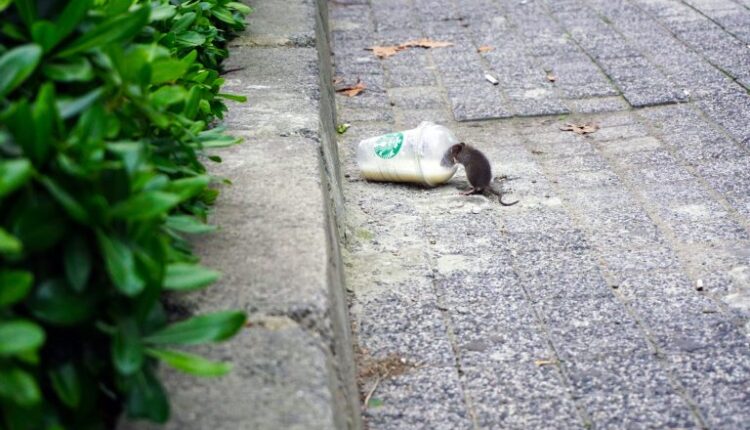Allegations Of Bad Faith Bargaining Surface In Latest Starbucks Strike Situation – CoffeeTalk
Unionized Starbucks workers across the United States are currently voting on whether to authorize a strike, fueled by frustrations regarding pay and working conditions, as well as allegations of the company engaging in bad faith bargaining. Since 2021, Starbucks Workers United, which represents baristas, has organized elections at over 650 locations nationwide, bringing together more than 12,000 workers, yet has yet to secure a contract following negotiations that have stalled.
The strike authorization vote, which began on October 24 and runs until November 2, coincides with planned pickets in 60 cities and reflects the ongoing struggle of workers to achieve better wages and working conditions. Many baristas, like Sabina Aguirre from Columbus, Ohio, express concern about their ability to meet living expenses, citing wages around $16 an hour as unsustainable. Aguirre notes that many workers are at risk of homelessness without additional support, a sentiment echoed by colleagues who feel their livelihoods are jeopardized by insufficient pay.
Past actions, including five days of strikes before Christmas last year demanding a union contract, demonstrate the workers’ commitment to advocating for their rights. The union’s current mobilization may pave the way for broader strikes, leveraging the momentum of worker solidarity to push for better wages and improved workplace conditions.
Despite some progress in negotiations, as reported by bargaining delegate Silvia Baldwin, the union claims that Starbucks has begun to engage in bad faith bargaining since a change in CEO leadership. In 2024, most of the contract was tentatively agreed upon until economic issues and complaints regarding unfair labor practices arose, leading to stalled negotiations.
Starbucks management, facing pressure from declining sales and the recent closure of multiple union stores, is responding by emphasizing its commitment to its workers. However, a representative from the company contends that most employees earn an advantageous wage that exceeds $30 per hour when accounting for pay and benefits, arguing that Starbucks remains a competitive employer in the retail sector.
The outcome of the strike vote will have significant implications for the labor movement in the U.S., signaling whether unionized workers are prepared to escalate their demands for a binding contract. Experts, such as labor law professor Rebecca Givan, note that a strong turnout could compel management to take the workers’ grievances seriously and lead to successful contract negotiations, potentially inspiring unionization efforts across other sectors.
Read More @ The Guardian
Source: Coffee Talk



